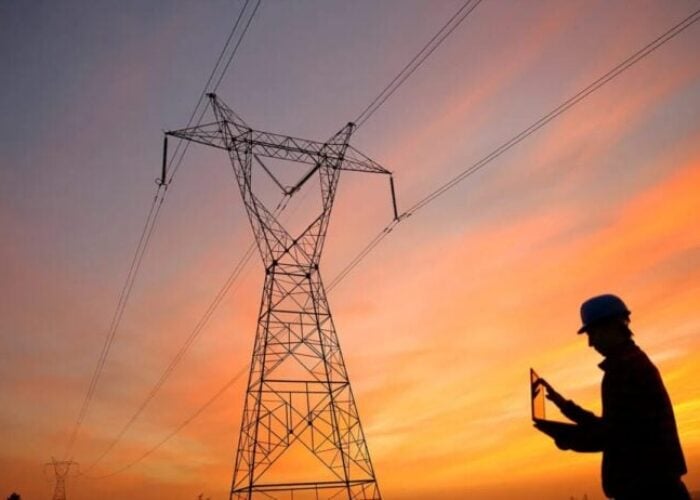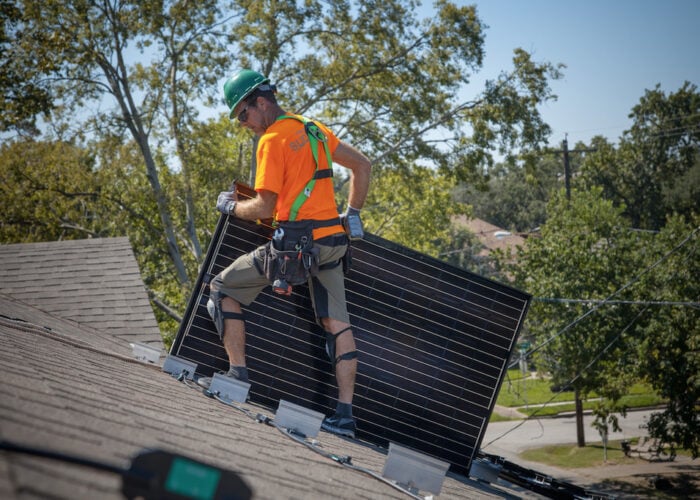Yamaichi Electronics has developed a new photovoltaic junction box for crystalline solar modules for the ‘Y-Sol’ product family. The new, cost-effective ‘Eco-Si’ junction box uses hermetic sealed over-molding technology to provide greater sealing and long-life, even in extreme conditions. Yamaichi is presenting the technology at Intersolar Europe 2011, in Hall C3, Booth 533.
Problem
Unlock unlimited access for 12 whole months of distinctive global analysis
Photovoltaics International is now included.
- Regular insight and analysis of the industry’s biggest developments
- In-depth interviews with the industry’s leading figures
- Unlimited digital access to the PV Tech Power journal catalogue
- Unlimited digital access to the Photovoltaics International journal catalogue
- Access to more than 1,000 technical papers
- Discounts on Solar Media’s portfolio of events, in-person and virtual
Crystalline solar modules are widespread and increasingly more cost-effective to manufacture requiring lower cost components to take advantage of module manufacturing price declines. To reduce the costs for module production, fully automated production lines are increasingly in use. The Eco-Si junction box permits simple automation techniques using guide rails and large areas for transport by suction through a robot arm. However, continued advancements in junction box operating lifetime are required.
Solution
The Eco-Si junction box is the first junction box for photovoltaic modules with an IP protection class of IP68. This permits the safe operation of the solar module even under the harshest of conditions. This high protection class was achieved by the consistent use of the hermetic sealed technology introduced by Yamaichi Electronics. With this technology, the junction box is not composed of individual ‘failing parts.’ Instead, the cables and electronic of the junction box are over-molded in a single highly efficient work step. This over-molding process gives the junction box its shape and ensures absolute freedom from leaks. The Eco-Si is also designed for system voltages of 1500V instead of the usual 1000V, allowing higher voltages for future standards requirements.
Applications
Photovoltaic module junction box for crystalline-based modules. The flat design, only 22 mm in height, is easy to stack in production and permits very flat installations.
Platform
The Eco-Si junction box comes standard with three SMD safety diodes to protect the module efficiently in case of shadow. Disposal of the resulting heat is handled by the hermetic sealed design. The diodes are hermetically enclosed by the housing of the Eco-Si junction box. They can therefore discharge their heat optimally to the UL-listed plastic of the socket. This avoids overheating. Higher current resistance, less thermal load and thus also lower power loss are the advantages for the end user. The Eco-Si J-box is part of the Y-Sol product family, which has now been extended to the point that its TÜV- and UL-certified components permit the complete cabling from the photovoltaic module to the power inverter.
Availability
June 2011 onwards.







